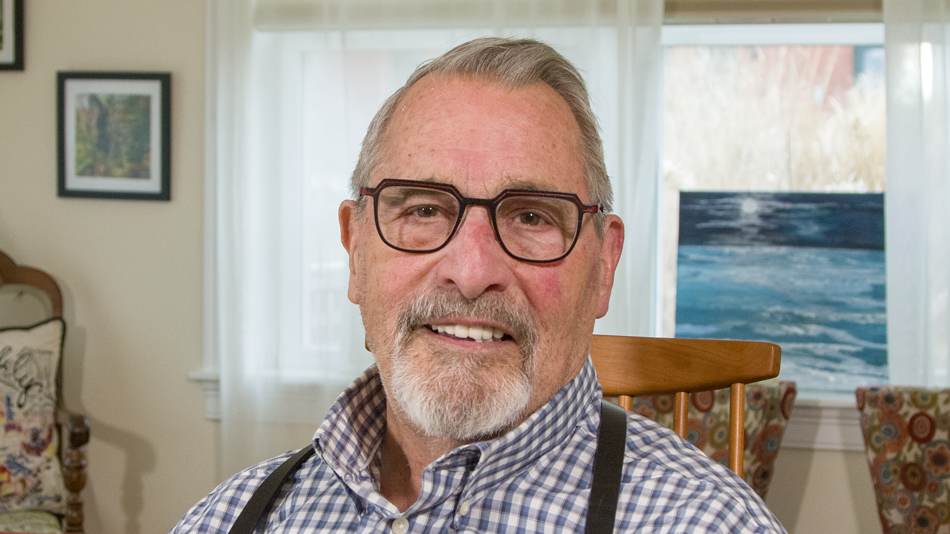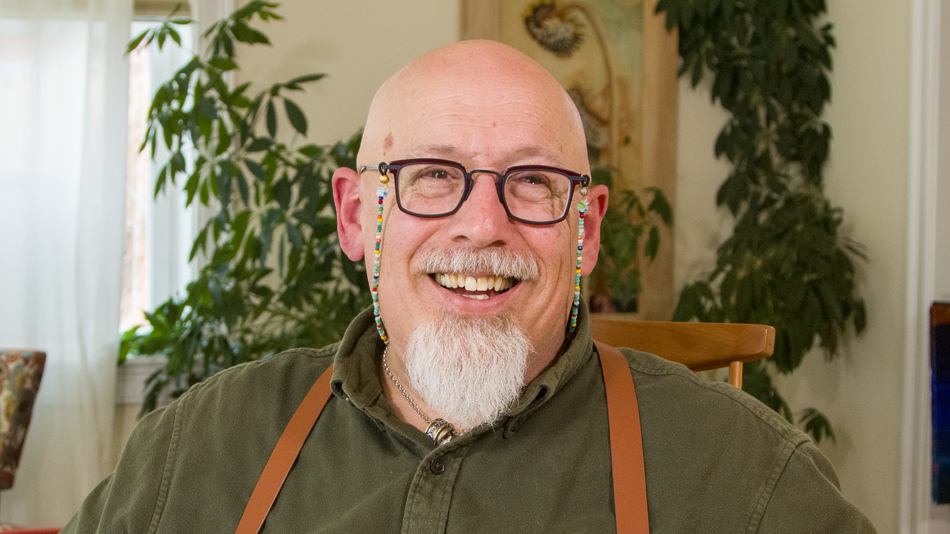Today’s Video Story was collected on the 50-state Story Tour. Check out the blog where you can read about the adventure we had and some of the stories we collected. If you haven’t submitted a story yet to IFD, or if you want to submit another one, I’d love to read and publish it. Write one up and send it in.
Like us on Facebook.
Follow us on Twitter.
Subscribe to us on YouTube.
My name is Ricco Siasoco and I’m originally from Council Bluffs, Iowa. But I’ve lived in Boston for the past twenty years. The Story I wanted to tell, I’m a faculty member at Boston College and I usually bring a group of about ten to fifteen undergraduates to parts of Africa every summer. Obviously attitudes are very different and over there in countries in Africa as apposed to here where we talk about sexuality very openly and either people who are anti-gay or pro-gay, we have discussions about it. So before we went to Uganda – at Rwanda we would meet every week and one a week we talked about sexuality and gender. So I talked to my students about how because of laws there – like the ‘Kill The Gays Bill’ that was happening in Uganda at the time, that I didn’t necessarily feel comfortable about always being open about my sexuality. It’s as much an interesting point of conversation for them as it was for me to kind of say, “I might not always say ‘My partner’ or when people ask me why I’m not married, I might just be a little bit vague about that. So, one of the surprising things is when I get off the airplane and because I’ve been there three times now – I know what to expect. At the gate of the airport in Ghana, there’s a big sign next to customs that says, “If you are homosexual, you are not welcome in this country.” What I was thinking about is – the second or third time I wanted stop and take a picture of the sign but I also didn’t want to get arrested or draw attention to myself. So it’s this weird meta, looking at yourself, like – “Should I take the picture of the anti-homosexual sign or not?” So when we ended up going to Uganda – often we were working in an orphanage and orphans would ask, you know, “Who’s married?” and “Why aren’t you married?” I was often vague about it. I remember one night, two of the students – they were talking to our driver. He was Ugandan and he had very strong anti-gay views and we’d been there for three or four days at that point so they actually were engaging him and he wanted to talk about it. So I remember eaves dropping – really being interested in how they were going to talk about it to our driver and that was a moment when I thought this would be a good place for them to say, “Well, Ricco is gay and how does that effect his life?” So, they never outed me but I remember that that was a moment when I wanted to sort of be out to them. Unfortunately I never came out in Uganda, but about four months later I took another group of students to Ghana and there I ended up coming out to people that I trusted and I didn’t want to make them feel uncomfortable which is a little bit like you feel when you first come out and I’ve been out for twenty years. But I didn’t want to make the Ghanaians I talked to uncomfortable or have to – the certain laws in some of the countries say if you know somebody who is gay and you don’t tell the government, that you are just as culpable. So I didn’t want to make other people uncomfortable but I think more than that, it was my level of comfort and sort of being out. So one of the co-teachers in Ghana, Sernet, asked me why I wasn’t married and I told him “It’s because I live with my partner,” and we had a really great conversation. He told me some of his friends at university were gay, which was a surprise to me, as being Ghanaian, so it was just a nice conversation, and sort of surprising to me – that we can both learn about each other.








Share